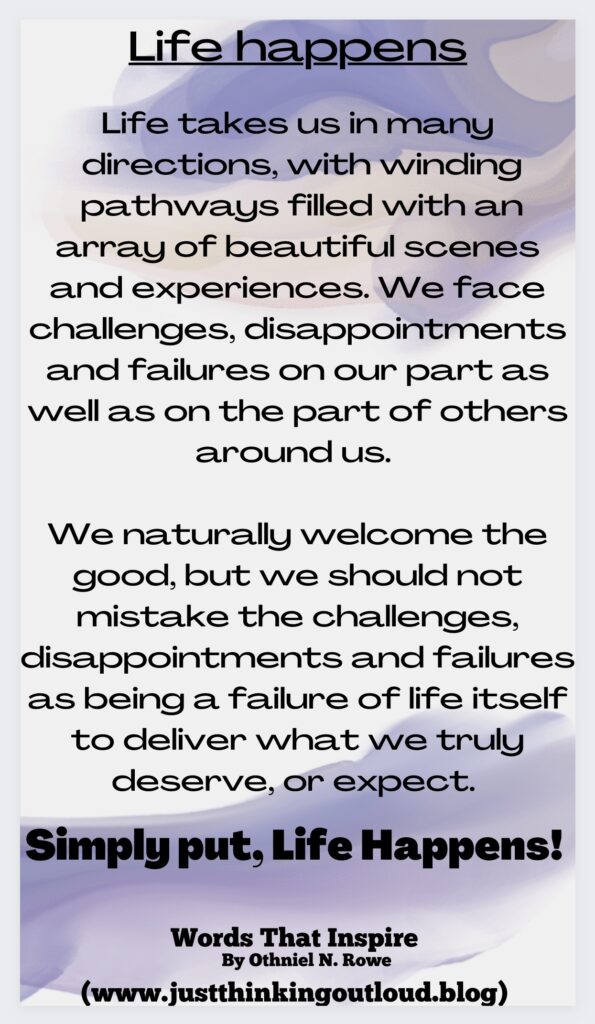
Life Happens


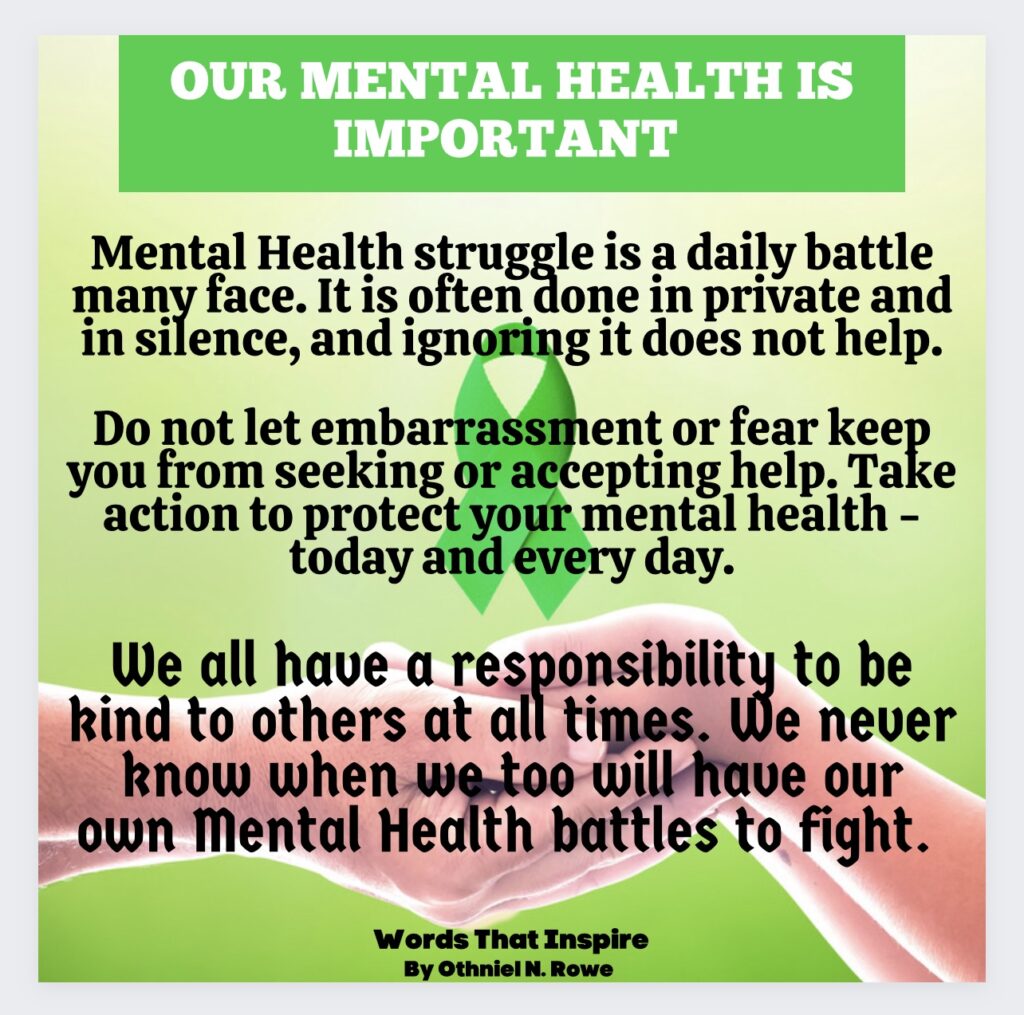
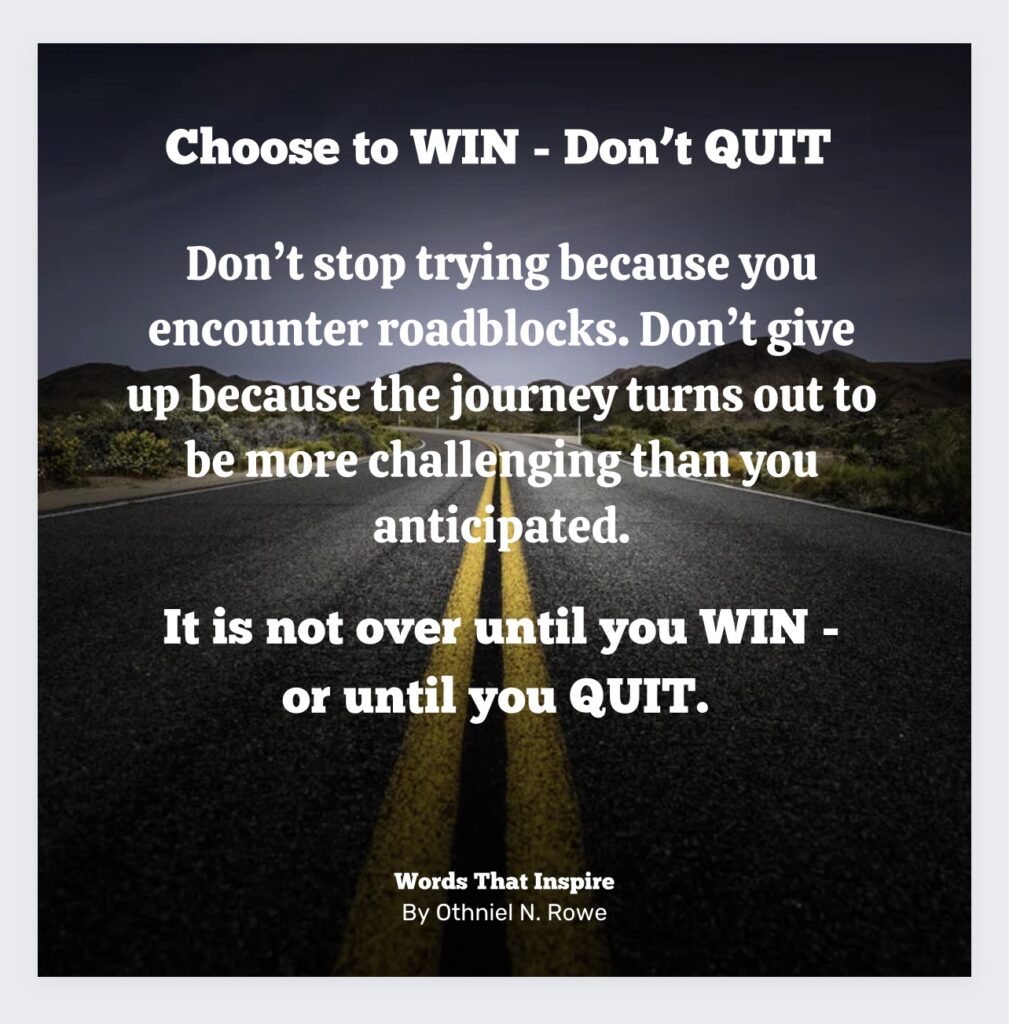
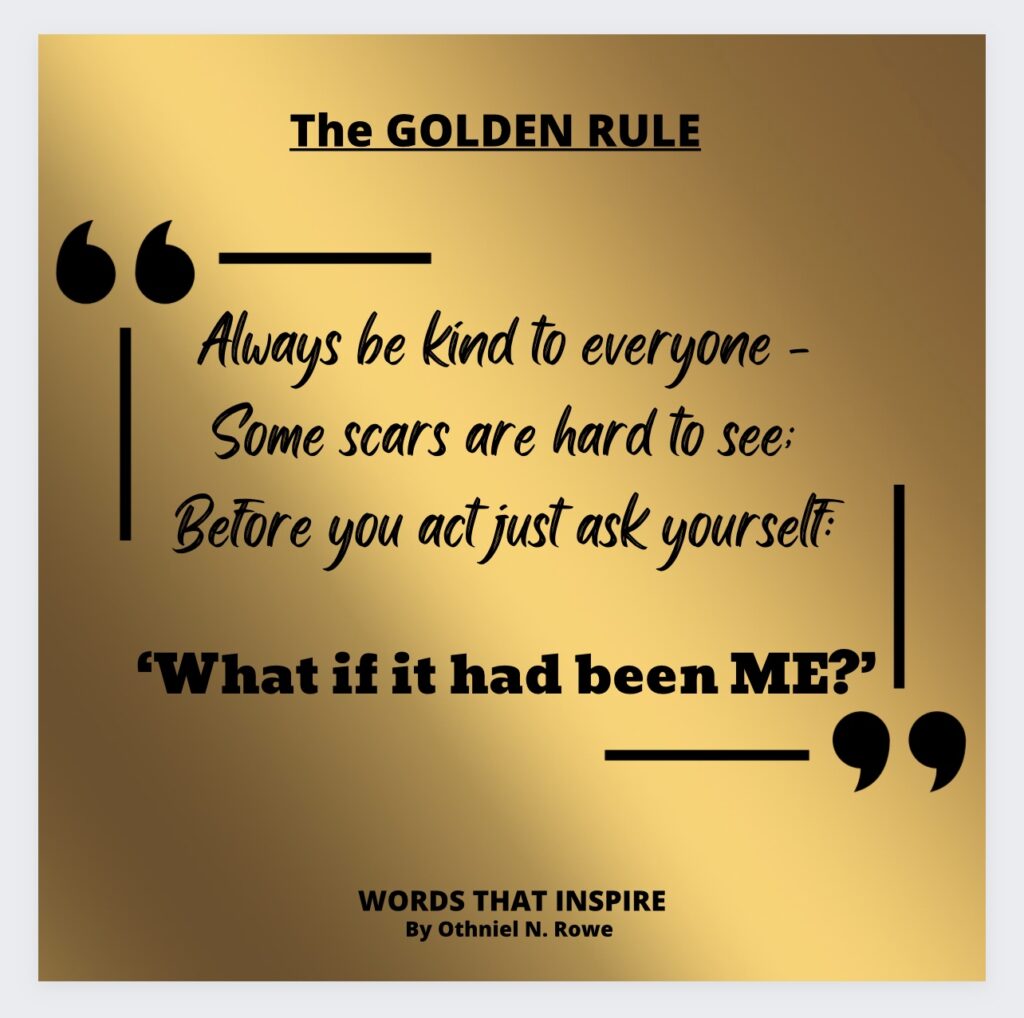
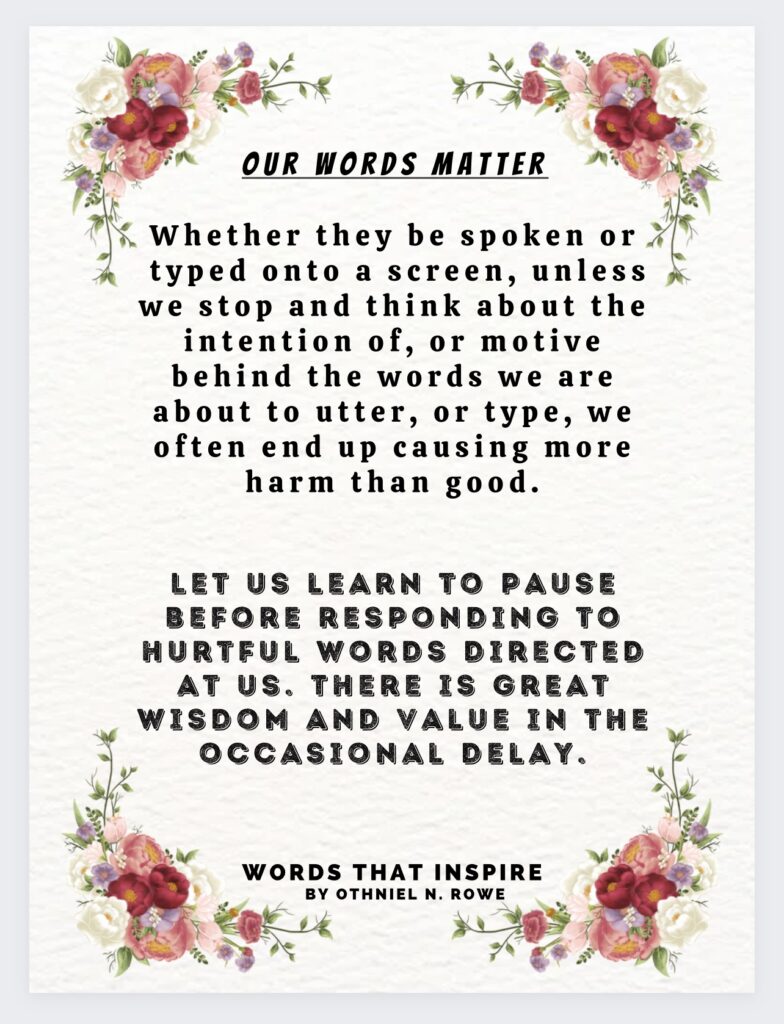

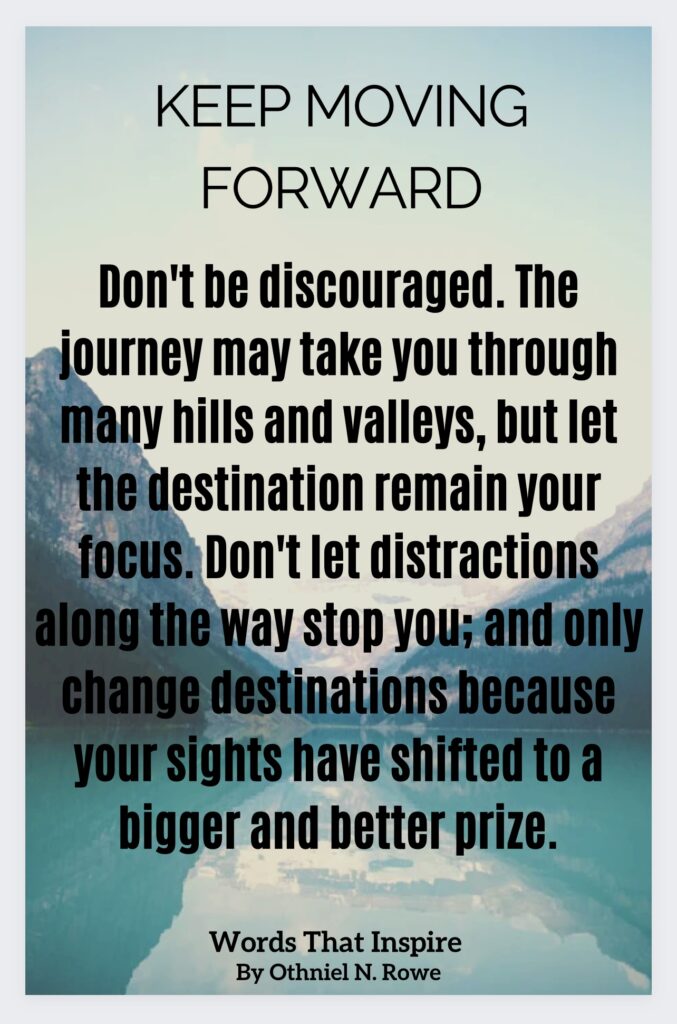

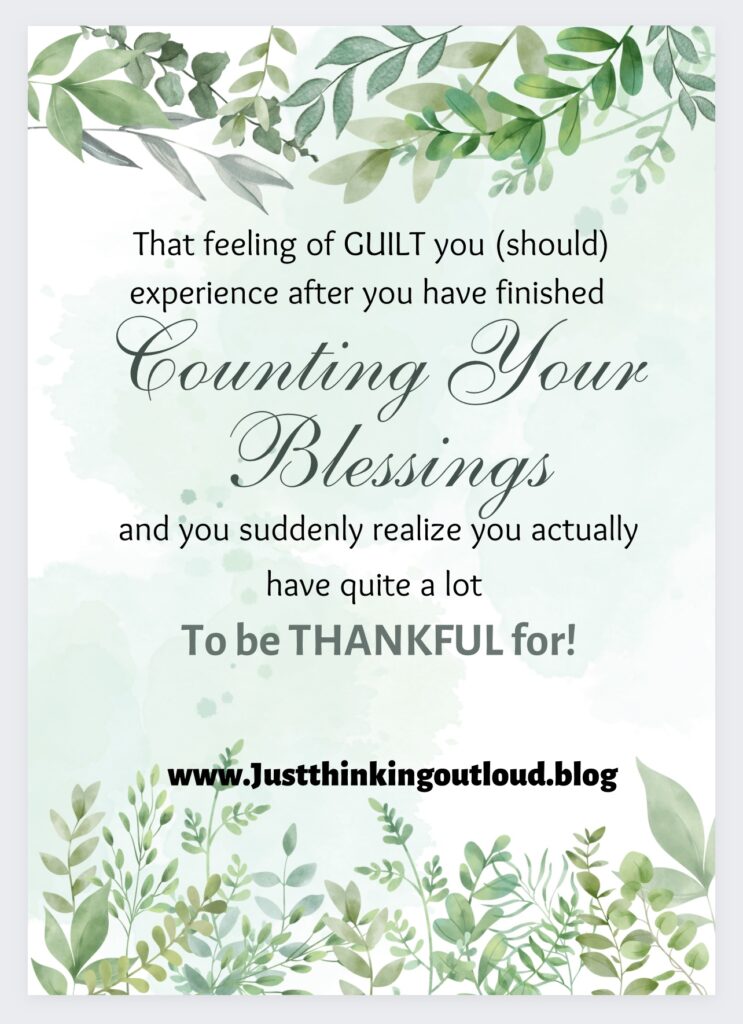

Every parent knows that children tend to display a condition called ‘selective hearing’: they CHOOSE what they want to ‘hear,’ or more accurately, what they respond to.
As much as that irritates us as parents, if we understand the motivation behind this behaviour we have to admit that it’s an amazing skill to have! Moreover, there is an important lesson for adults to learn from such a skill.
Life is full of ‘noise’ which, if we allow, often distracts us from our goals, or otherwise negatively impact us. This might be in the form of any distraction that takes our focus away from more important and/or urgent matters.
O. N. Rowe
It could also be comments made by others that seek to tear us down instead of lifting us up. It could be, simply, anything that prevents us from giving our full attention to a task at hand. These are all examples of ‘noise’ that we need to be able to tune out.
We don’t have to respond to every critic. We don’t have to jump at every call to do something which is neither important nor urgent. Neither do we need to be drawn into every argument that someone with apparently too much time on their hands, decides to instigate.
O. N. Rowe
An ability to be selective about what we ‘hear’ and react to is, in many situations, an amazing skill to have.